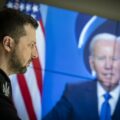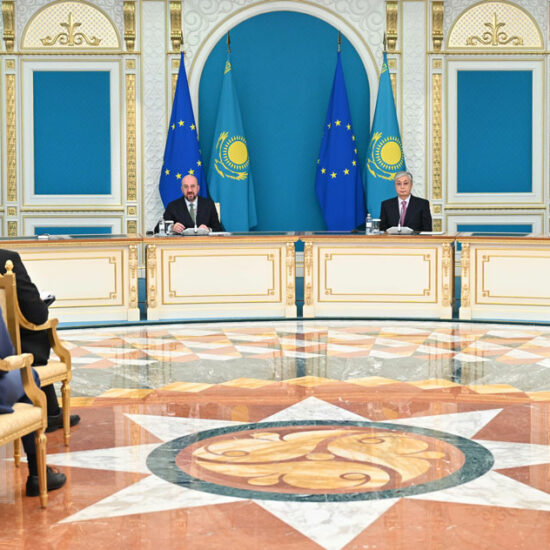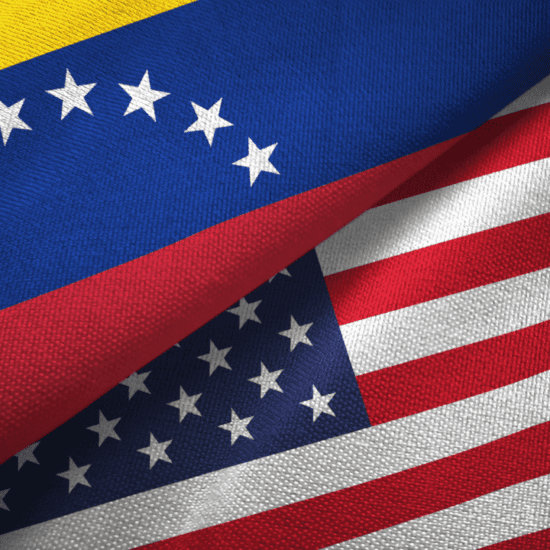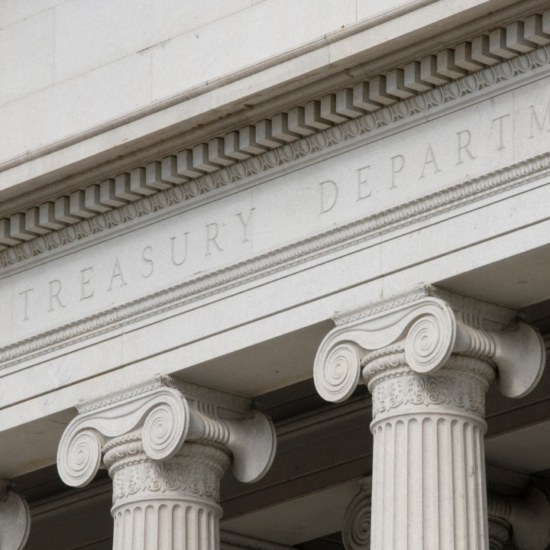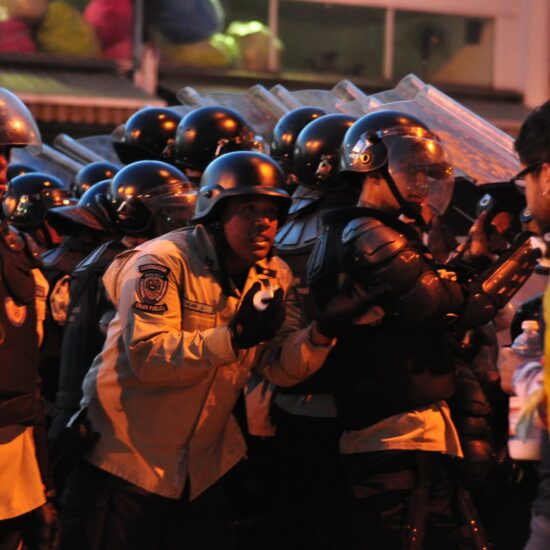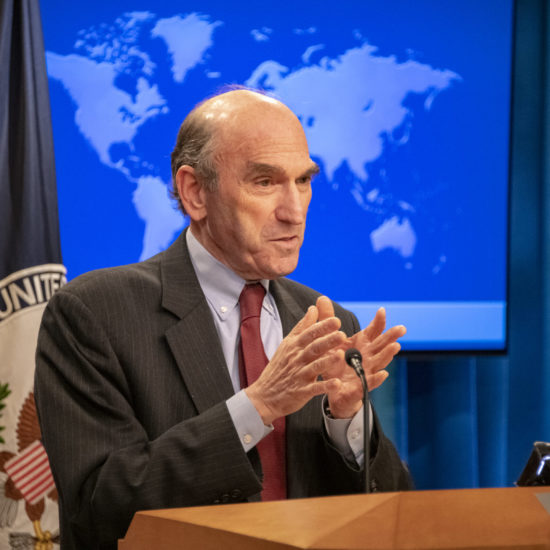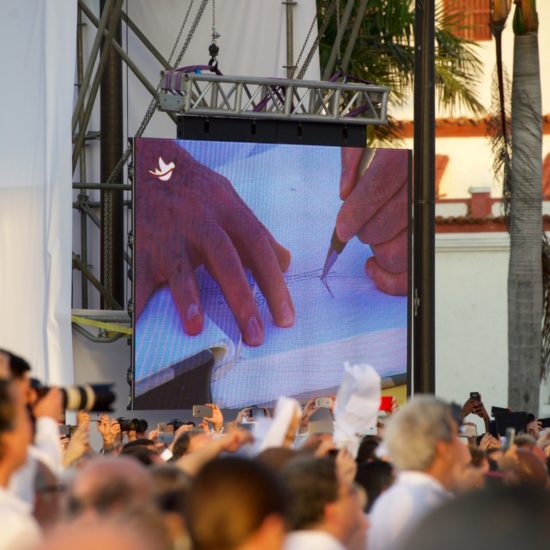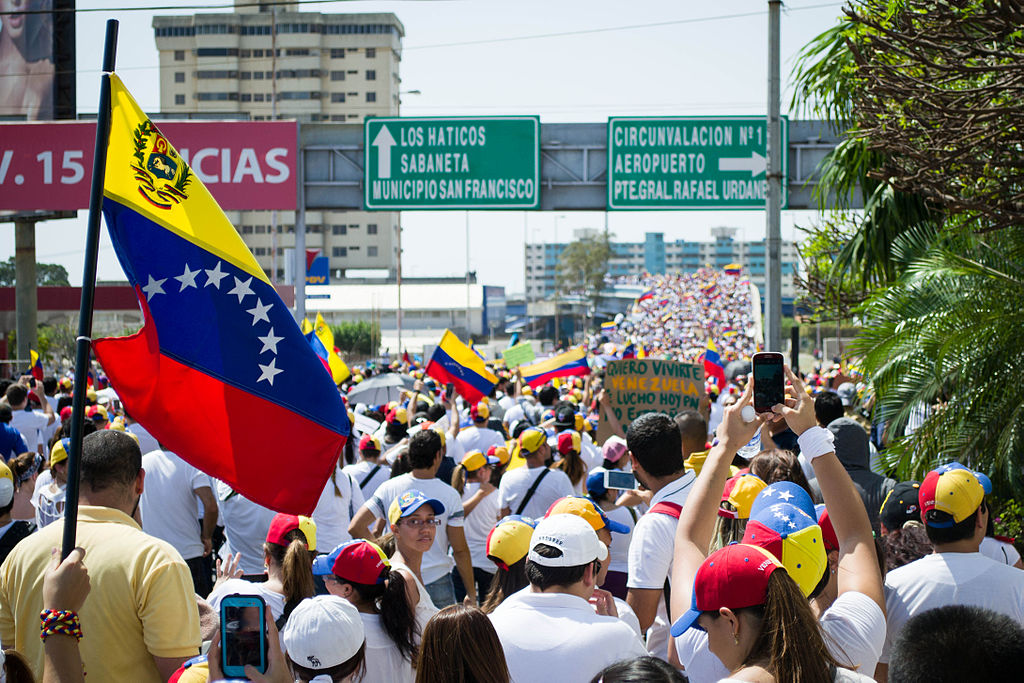
Image credit: María Alejandra Mora
By Gabriel Queiroz Imhoff*
Understanding Venezuela’s Past
Until the beginning of the 1980’s Venezuela was one of the four Latin American countries listed by the World Bank as a stable upper-middle-income economy. Venezuela was an oasis in a region plagued by unrest, constant insurgencies, and authoritarianism.
Not long ago the human rights’ vanguard and the richest country of the region during the 1960’s and 1970’s – thanks to the world’s largest proven oil reserves (20% of global reserves) –, Venezuela now faces another reality: famine, continuous unconstitutional political changes and consequently an economic and political chaos where the legislative power is unable to play its role. The twenty-five constitutions Venezuela has had (highest number in South America) display not only the practical effect of the structure of the nation’s constitutional law (namely, the absence of a legal mechanism permitting the partial amendment of the constitution), but also political disorder created by new leaders bringing in constitutional assemblies to legitimize their rule – an effort to reflect historical interest by charting the development of political institutions as a reflection to a new political power.
Venezuelan prosperity has continually been based around one commodity: oil. In the end of 1980’s, its dependency on oil was 74% of Venezuela’s export earning. With the fall of oil prices, 2/3 of Venezuela’s economy has disappeared – as a matter of perspective, during the Great Depression, Canada has lost 1/3 of its economy. The over dependence on oil has made Venezuela hostage of the international oil price fluctuation. Thus, a contradiction was shaped: while increased oil prices and greater state taxation increased state revenues since 1958, the flattening of production per capita and erratic investment were major contributors to the collapse of the 1980s and 1990s when global oil prices dropped.
The Chávez Phenomenon 1998-2013: Constitutional Change and Rhetoric
As an outsider who led a failed coup in 1992, Hugo Chavez was democratically elected in 1998. Chávez encountered a popular dissatisfaction and more importantly, a political system in advance state of decay. Facing this scenario, Chavez called a referendum on constitutional convention, which permitted a new framework for his new regime. Similar to a political pact, a constitution is a quintessential functional institution that actors that draft and sign envision to restrain the power of their counterparts and expand their own – in this case scenario, the president had its power extended by, for example, augmenting the presidential term from three to six years. This is an important chapter of Venezuela’s modern history as the new 1999 Constitution of the Bolivarian Republic of Venezuela breaks the then-prevailing neoliberal orthodoxy in South America influencing countries such as Bolivia.
In a recent panel discussion organized by the Canadian International Council (CIC), former Canadian Ambassador to Venezuela Ben Rowswell explained that Chavéz has evoked four claims to address the Venezuela’s chaos. The division between poor against rich – instead of bridging them, he drew a further significant division; sovereignty under attack by the U.S.; governing through emotion (Chavéz had this incredible ability to easily connect with people); and, institutions are part of the problem, instead of the solution. Through these four points, Chavéz has built a populist narrative that has heavily characterized his 14-year rule distributed over four democratic exercises. Albeit important social changes were made and considerable successes in his first two mandates were achieved, explained Rowswell, not only the government did not try to diversify its economy, but Venezuela’s dependence on oil jumped from 74% of the country’s exports in 1998 to about 95% nowadays. Chavéz left an ambiguous legacy of triumph, uncertainty and economic ruin, his popularity on the other hand, has been steady until his death. His “21st century socialist revolution” was a unique experiment of power fueled by charisma and bountiful of oil revenue.
Nicolas Maduro: Power Quest over Policy Change
The Chavista populist rhetoric continued over president Nicolas Maduro’s mandate and the horrific economic recession was not addressed through policy changes, but through the quest of more concentrated power. As the shadow of its predecessor and following a similar path, although with less charisma and popularity, Maduro focused on demoralizing the opposition and consequently, evoking a constitutional assembly in order to expand his own power over key institutions by taking control of the supreme court and consequently striping the unicameral National Assembly’s constitutional powers.
As both of his presidential campaigns – 2013 and 2018 – were denounced to be fraudulent by most Latin American countries and the United States and its allies, Maduro’s cast for the judiciary branch worsened the country’s constitutional crises. In 2015, the lame duck National Assembly did not carry the expected legal procedures and, in a hurried process, appointed a new Court. The determination to shape a new Court lied on the outcome of the parliament’s election which resulted in the legitimate victory of the opposition in the National Assembly (112 of the 167 seats). In other words, Maduro wanted to control the judiciary before the new members of parliament (MP) take office and, consequently, losing the control over the legislative branch.
The controversial and unconstitutional appointments by the then incumbent member of parliaments is an anti-democratic and authoritarian step. Thus, in 2016, the newly elected parliament had its power erased. Such changes have determined a war against the political mechanism of checks and balances that characterizes a healthy democracy.
The Failed Juan Guaidó’s Coup and America’s Role
Venezuela’s economic isolation led the country to lose over 47% of its economy between 2013 and 2018. The humanitarian situation is increasingly critical. According to a recent internal UN report , 24% of the Venezuelan population, or 7 million people, need humanitarian assistance. There is no doubt that American sanctions in 2017 and 2019 aiming at weakening Maduro have worsened the condition as the U.S is Venezuela’s biggest customer – 41 percent of Venezuelan’s oil export goes to America. Severe shortages of medicine, food, and basic goods have forced an estimated 3 million people to leave Venezuela. The government of Maduro has responded by acting increasingly in an authoritarian manner, since he still holds the military. Facing this scenario, the leader of the opposition and president of the General Assembly Juan Guaidó has proclaimed himself acting president – recognized by 54 governments including key regional players, such as Brazil, Argentina, Chile, and Colombia. The risk of U.S. intervention has increased especially after the failed coup by Guaidó and his supporters in April 2019.
For practical reasons, the coup failed. The lack of support not only from citizens of Venezuela, but more importantly, from high-ranking military figures was a crucial point, which reflected the poor articulation of the opposition and its weak connection with the populace.
Change is a must for Venezuela, however, neither U.S. intervention, nor Guaidó’s adventurism for a coup will bring the expected positive change. Such reckless actions would only amplify Venezuela’s problems and lead the country towards civil war, worsening the humanitarian chaos. As former Canadian ambassador Rowswell has noted, the West should press for talks between the president and the opposition, along with legitimate political change. In absence of US leadership and lack of appetite in the White House for multilateralism, Canada and its allies in the Lima Group should bridge the gaps between different political factions in Venezuela and support a peaceful resolution through dialogue. Coups and foreign military interventions will only escalate the situation in Venezuela with potential destabilizing repercussions for the entire region.
* Gabriel Queiroz Imhoff is a student of International Relations at the University of British Columbia. Originally from Brazil and Switzerland, he has a broad range of international experience. In 2018, Gabriel worked for the Swiss Federal Department of Foreign Affairs in Rio de Janeiro . He was assigned to a large range of duties that focused on the Swiss-Brazilian diplomatic relation and on the political/economic analysis of the last Brazilian election. More recently, Gabriel was part of the Indian Election Watch Team at Asia Pacific Foundation.
The opinions expressed in this publication are those of the author.
Additional Sources
Latin America: An Introduction by David Close
Constructing Democratic Governance in Latin America by Jorge Dominguez and Michael Shifter.
Photo from María Alejandra Mora (SoyMAM) [CC BY-SA 3.0]

